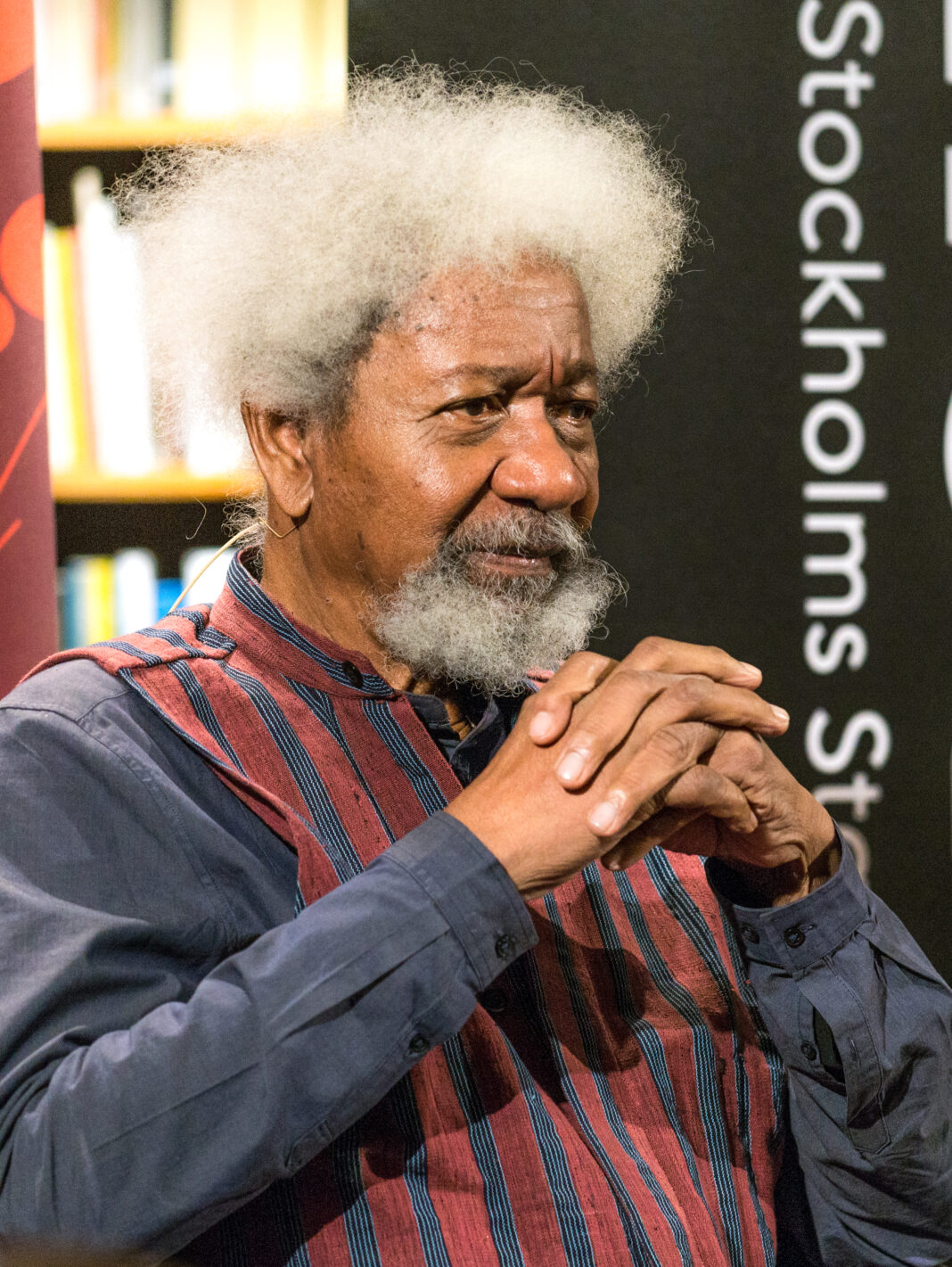Nobel Laureate and prominent writer Professor Wole Soyinka has sharply criticized the ongoing presence of modern slavery, underscoring its deep-rooted impact across Africa and the world.
Speaking at the United Nations General Assembly in New York on Tuesday, Soyinka condemned the continued exploitation of vulnerable populations, marking the International Day of Remembrance for the Victims of Slavery and the Transatlantic Slave Trade.
This year’s theme, “Acknowledge the past. Repair the present. Build a future of dignity and justice,” called for urgent action to address historical wrongs and their continuing repercussions.
Soyinka expressed alarm over the persistence of active slave markets, especially in Africa, despite global efforts to eliminate slavery. He also highlighted the challenge of identifying modern forms of servitude, which are often hidden within complex social, economic, and religious frameworks.
“Slave markets still thrive in many parts of the world, including Africa, the very continent often seen as a resource center,” Soyinka said. “We can show you where these markets exist, physically, for those who question their presence.”
He further discussed the complexities of recognizing modern slavery, noting that while the manifestations of servitude may differ, the issue remains critical and must be addressed. “The cycle is self-perpetuating, with one form of exploitation feeding into the next. The perpetrators may come from any community, class, race, or religion,” Soyinka explained.
Soyinka also referred to the 279 Nigerian schoolgirls kidnapped by Boko Haram as a disturbing example of contemporary slavery, comparing their plight to the historic transatlantic slave trade.
The Nobel laureate did not shy away from criticizing religious institutions for their role in both historical and current forms of slavery. He accused these institutions of collaborating with political and military powers to uphold oppressive systems, particularly during the transatlantic slave trade.
“Major world religions worked in tandem with military forces to facilitate the lucrative slave trade in Africa, using laws and decrees to legitimize their actions,” Soyinka remarked.
He concluded his address by calling for a global collective effort to dismantle the systems that keep millions trapped in modern slavery.

